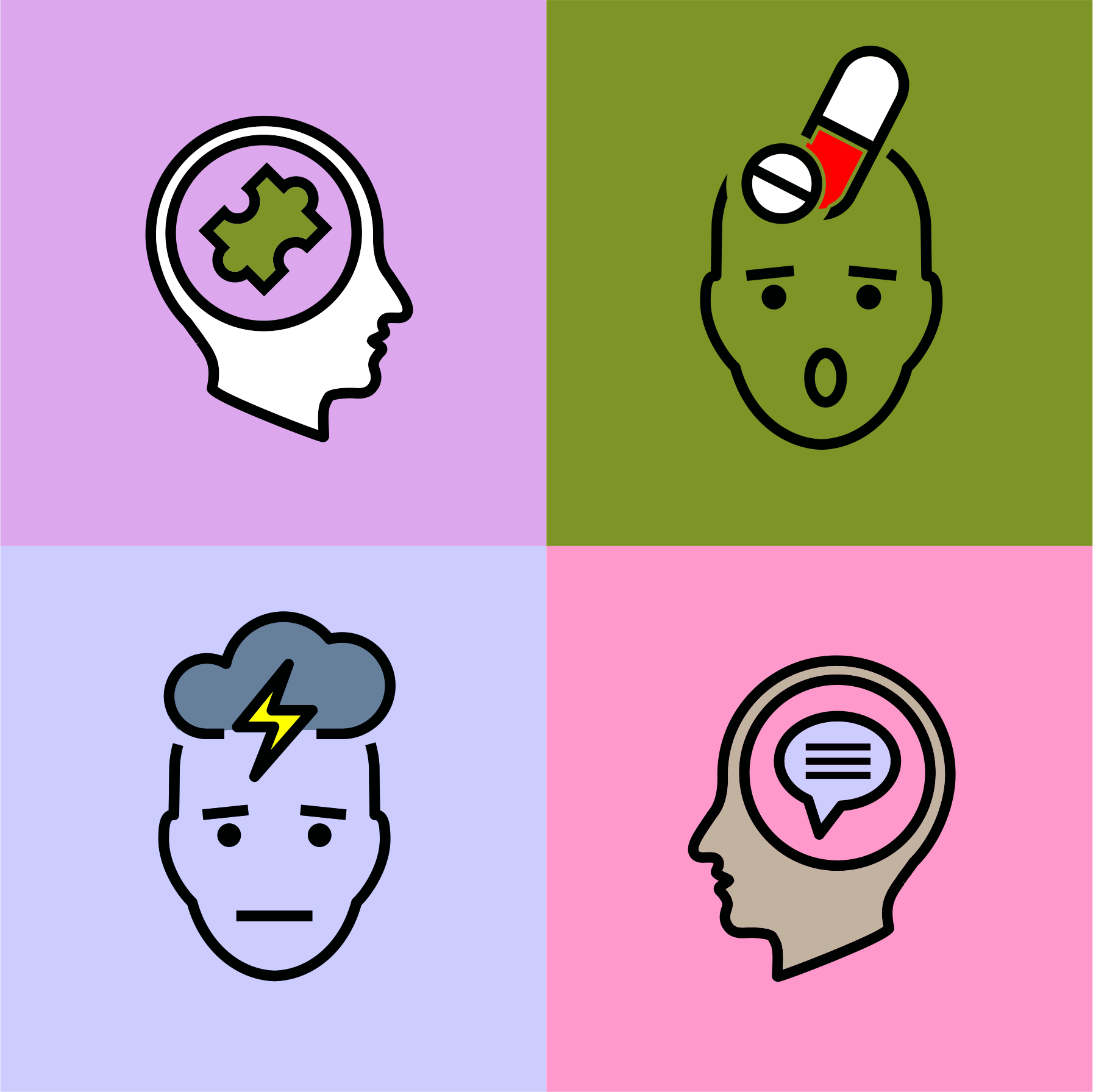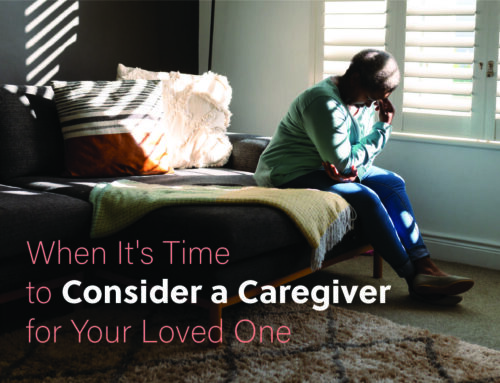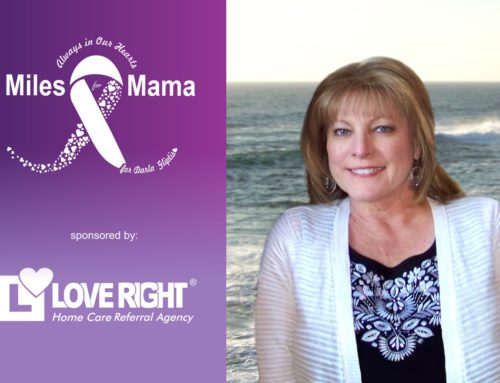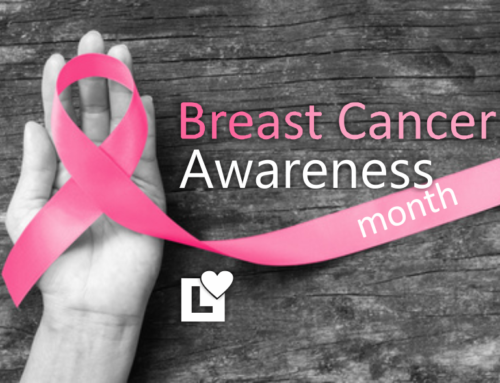Overview of Mental Illness
As you may already know, Mental illness doesn’t necessarily manifest in a recognizable form. You’re not always going to recognize whose suffering. Arguably that’s one of the toughest things about any mental illness, it can go unnoticed for a long time, therefore it often leads to suicide.
Mental Illness as defined by the Mayo Clinic:
Mental illness, also called mental health disorders, refers to a wide range of mental health conditions — disorders that affect your mood, thinking and behavior. Examples of mental illness include depression, anxiety disorders, schizophrenia, eating disorders and addictive behaviors.
How Does it Affect Seniors?
Mental illness can and will effect them in a similar way to people of any age, but with seniors you combined frailty and degeneration of the body & mind. It’s common for older adults to have an onset of a depressive episode due to loss of cognition, loss of hearing, incontinence and many other factors, including loss of independence. It’s can be hard to see life from their perspective, especially when we still have our independence and our faculties.

Common Mental Illness in Seniors
- Depression : Aging, loss of independence and loss of loved ones, undoubtedly attribute to growing depression in older adults
- Anxiety : Aging adults also become anxious about their failing bodies, the changing world around them and worries about what the future holds.
- Dementia : a decline in mental cognition that can be the culmination of untreated mental illness, among other things.
- Suicidal Ideation : The feeling of hopelessness and losing the desire to live when experiencing mental illnesses, trauma from the loss of a loved one, diagnosis of a terminal illness, and many others.
Health does not always come from medicine. Most of the time. It comes from peace of mind, peace in the heart, peace in the soul. It comes from laughter and love.
The statistics on sanity are that one out of every four Americans is suffering from some form of mental illness. Think of your three best friends. If they’re okay, then it’s you.
~ Rita Mae Brown
The World Health Organization found that approximately 15% of adults aged 60 and over suffer from a mental disorder. The world’s population is ageing rapidly. Between 2015 and 2050, the proportion of the world’s older adults is estimated to almost double from about 12% to 22%. In absolute terms, this is an expected increase from 900 million to 2 billion people over the age of 60. Older people face special physical and mental health challenges which need to be recognized.
14 Warning Signs of Mental Illness
- Feeling sad or down
- Withdrawal from family & friends
- Confusion
- Big changes in eating
- Withdrawal activities they once loved
- Mood changes
- Prominent low energy
- Delusions
- Problems sleeping
- Cannot cope with stress
- Problems with alcohol or drug use
- Abundant fears or worries
- Frequent anger or violence
- Suicidal thinking
If you or someone you love is suffering from what appears to be mental illness, or you think they may be contemplating suicide, you’re not alone. Assess the following resources to get help. Remember, you’re loved and you have a purpose in this life that’s worth living!

Resources
- San Diego Access and Crisis Line:
Phone: (888) 724-7240 suicide prevention/intervention hotline. It provides mental health crisis intervention, information and referral to mental health services in San Diego County, including referrals to mental health care professionals who accept Medi-Cal and serve people who lack health insurance. Calls are FREE and answered by trained professionals. Service is available in multiple languages. - 2-1-1 San Diego:
Phone: 2-1-1
This hotline connects people with community, health and disaster services through a free, 24/7 stigma-free phone service and searchable online database. 2-1-1 serves the entire population of San Diego County as the only free, confidential, dialing code service in San Diego. - NAMI San Diego:
Phone: (800) 523-5933 or (619) 543-1434
Hours of Operation: 10 a.m. – 5 p.m. M-F. The National Alliance on Mental Illness in San Diego (NAMI San Diego) is the community’s voice on mental illness. At the heart of NAMI San Diego’s mission is the sharing of information and striving to end the stigma associated with mental illness. NAMI San Diego offers a Helpline, support groups, educational meetings, newsletters, a lending library and a number of classes on mental illness held at various locations throughout San Diego County. - Call a suicide hotline number. In the U.S., call the National Suicide Prevention Lifeline at 1-800-273-TALK (1-800-273-8255) or use its webchat on suicidepreventionlifeline.org/chat.










[…] a caregiver, you may feel like you have to be available 24/7 for your loved one. However, it’s essential to set boundaries to maintain your relationships, career, and personal life. Establish specific times when you’re […]